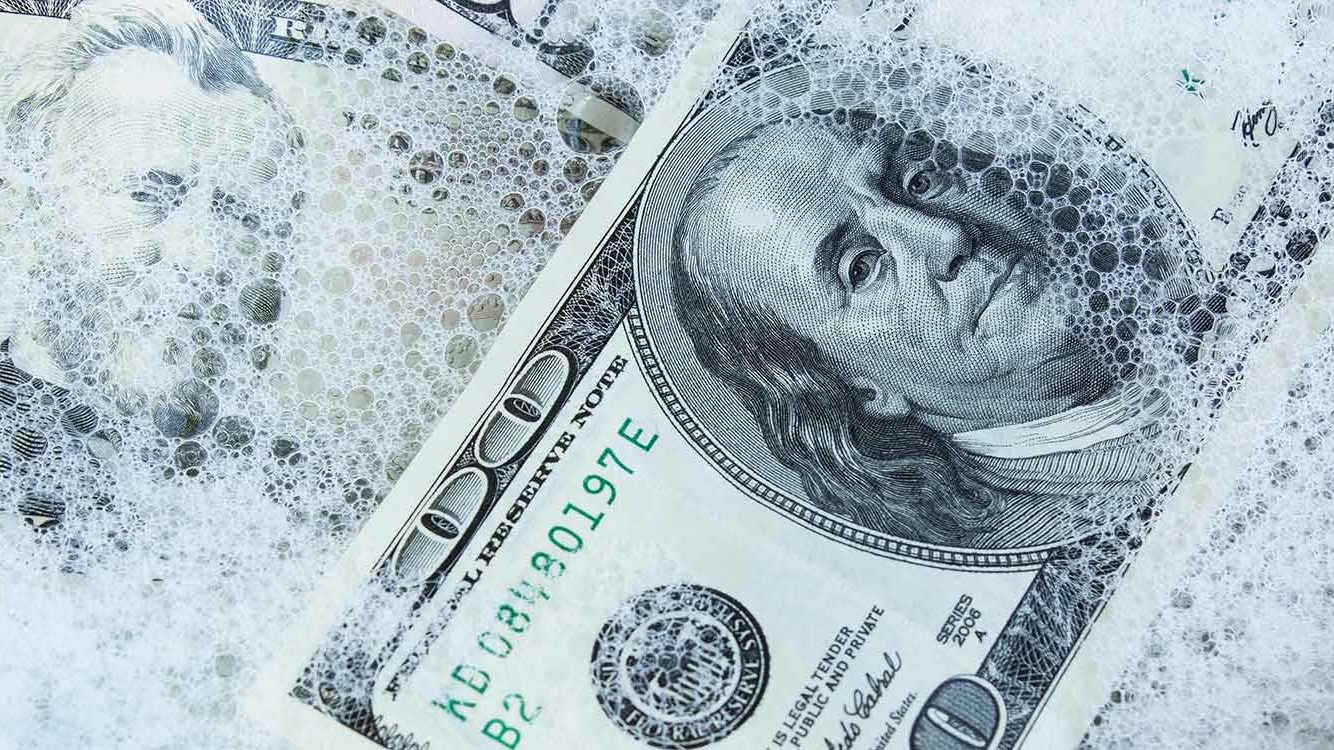State and Federal Counterfeiting Charges and Penalties
Counterfeiting involves the production or manufacture of imitation U.S. currency, documents, and products. The offense is punishable by years in prison; however, incarceration is not mandatory.

What You Need to Know About Counterfeiting Charges and Penalties
Counterfeiting is the production of fake goods or money. Counterfeit items are replicas of genuine products, documents, or currency. Counterfeiting encompasses various items, including cash, checks, passports, records, other documents, and goods such as luxury handbags, clothing, electronics, and jewelry. Federal or state prosecutors can prosecute counterfeiting charges, and judges often impose stiff penalties.
Criminal counterfeiting charges are complicated for many reasons, and avoiding stiff penalties can be challenging. Counterfeiting crimes can involve violations of federal law, Michigan law, or both. Whether a person has federal or state law charges depends on the type, quantity, and value of the counterfeited currency, documents, or items.
Michigan Laws Regarding Counterfeiting
Michigan law applies to most counterfeiting allegations involving documents, items, and United States currency. The law prohibits altering, forging, or counterfeiting public records, promissory notes, wills, bonds, and other papers when done to injure or defraud another. There are several counterfeiting charges under Michigan law with various potential penalties.
The maximum penalty for counterfeiting in Michigan can range from one year up to 14 years. Examples of Michigan’s counterfeiting laws and penalties include the following:
- Counterfeiting a Public Record: Someone who counterfeits a public record, certificate, return, or attestation of a clerk faces a maximum sentence of 14 years in prison.
- Counterfeiting a Document Affecting Real Property: Someone who makes a false statement or counterfeits a deed, mortgage discharge, or other document affecting residential or commercial real property faces imprisonment for up to 14 years.
- Uttering and Publishing a Counterfeit Record: Someone who presents a counterfeit record, knowing it to be false, is guilty of a felony punishable by up to 14 years. This is commonly referred to as “Uttering and Publishing.”
- Possession of Counterfeit Notes: Anyone who simultaneously possesses 10 or more counterfeit notes, bills of credit, bank bills, etc., intending to present them as legitimate, is guilty of a felony punishable by up to seven (7) years in prison.
- Presenting or Uttering Counterfeit Notes and Bank Bills: Someone who presents a counterfeit note, certificate, or bill for credit faces up to five (5) years in prison.
- Counterfeiting an Identifying Mark (such as a brand name or logo) intending to deceive or defraud an item of property or a service faces a one-year misdemeanor.
- Willfully Delivering, Offering to Deliver, Using, Displaying, Advertising, or Possessing with Intent to Deliver a Counterfeit Item or Property: One-year misdemeanor or a felony if any of the following apply: (1) the person has a previous conviction, (2) the violation involves over 100 items, or (3) the aggregate value of the violation exceeds $1,000.00. If the violation is a felony, the maximum sentence is five (5) years imprisonment.
- Manufacture or Production of a Counterfeit Item: Someone who knowingly produces or manufactures a counterfeit item, product, or merchandise faces up to five (5) years imprisonment and a fine potentially exceeding $50,000.00.
In addition to incarceration, the direct and indirect penalties and consequences of a counterfeiting charge or conviction might include years of probation, fines, treble damages, restitution, community service, drug and alcohol testing, therapy, educational classes, restraining orders, financial limitations, such as prohibitions against bank accounts or credit card use, curfews, civil rights limitations, and travel restrictions.
Federal Laws Regarding Counterfeiting
Counterfeiting money is the most common form of counterfeiting in the United States; however, federal law also prohibits other forms of counterfeiting, such as manufacturing, producing, importing, distributing, or possessing with intent to deliver counterfeit documents, notes, and items. The federal government has invested significant time and resources into developing complex currency with features for detecting and preventing counterfeiting.
Under 18 USC § 471, a person who intends to defraud, falsely makes, forges, counterfeits, or alters U.S. currency, obligations, or security of the United States, is subject to imprisonment for up to 20 years.
When someone counterfeits U.S. currency, they intend to obtain genuine-looking bills they can use in commerce to purchase legitimate goods. The accused must intend to defraud merchants into unwittingly accepting the forged currency and providing legitimate goods or services. Most federal prosecutions for counterfeiting charges in Michigan are in the United States District Court for the Eastern District of Michigan. The penalties in federal court tend to exceed those imposed by state judges.

Defending Against Counterfeiting Allegations
An experienced criminal defense attorney will know how to build a strong defense against state or federal counterfeiting charges and penalties. There may be several credible defenses. An attorney may argue any of the following:
- lack of intent,
- lack of knowledge,
- duress or necessity,
- mistake of identity, or
- insufficient evidence
A defense to a counterfeiting charge can include a factual or legal defense at trial or an equitable, factual, and legal defense to achieve a reduced charge or obtain a lenient sentence.
Immigration Consequences
Counterfeiting is considered a “crime of moral turpitude (CMT).” Such a conviction can have a detrimental impact on someone’s immigration status. A crime of moral turpitude is an act or behavior that breaches a community’s standards. There is usually an element of dishonesty or other immorality.
A conviction for a crime of moral turpitude can prevent someone from applying for a visa or green card. It can result in the deportation of a U.S. visa or green card holder.
Representation and Intervention Before Charges
It is best for someone facing counterfeiting allegations to consult and hire an experienced and reputable pre-charge criminal defense attorney immediately to help guide them through the legal process. The sooner a lawyer intervenes, the more they might be able to control the damage and consequences, and potentially avoid charges and/or penalties altogether.

Defense Attorneys for Counterfeiting Charges
A top defense attorney’s mission is to reduce the client’s exposure, mitigate damages, and, if possible, avoid a counterfeiting charge, conviction, and penalty. Someone accused of a crime should never speak to the police without an attorney present to protect and defend them. Remember that “anything you say can and will be used against you.” The Defense Team at LEWIS & DICKSTEIN, P.L.L.C. is your best bet. We’ve successfully defended thousands of clients over several decades. Our reputation and track record for winning is unparalleled. Call us for a free consultation; we will take the time to speak with you, answer your questions, and address your concerns. Most importantly, we will find a way to help you!
Call us today at (248) 263-6800 for a free consultation or complete an online Request for Assistance Form. We will contact you promptly and find a way to help you.













